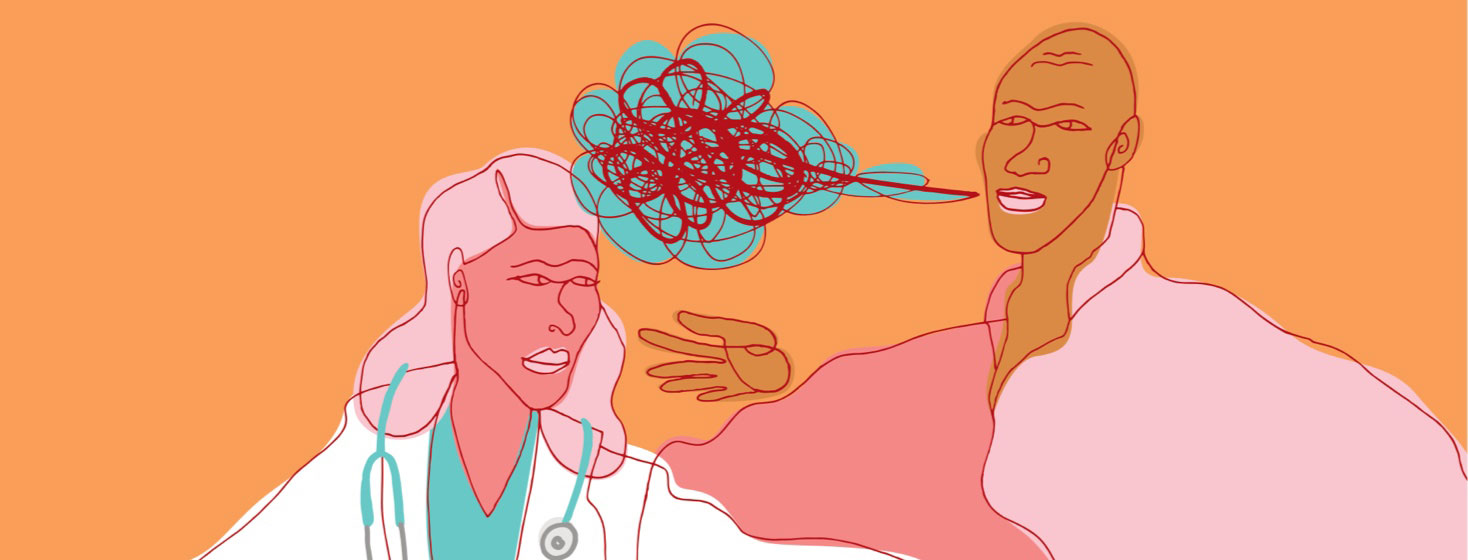Talking to Your Doctor About Your Sleep
Since sleep apnea is not necessarily a progressive disease or a disease that changes too quickly in most individuals, I often think about how often I should see my doctor for my sleep apnea. Naturally, I see my primary care doctor on a regular basis for checkups and lab work. These visits are not sleep apnea-related and sleep apnea doesn’t even come up when I see this one doctor.
I have only seen a sleep doctor once in the past 8 years, and that was because I needed a new sleep test in case I needed to upgrade my equipment and have insurance cover it. If I didn’t need this, I still would not have seen a sleep doctor.
Pros and cons of being a 'forgotten condition'
Sleep apnea is basically the forgotten condition when it comes to doctors. Once you are diagnosed with sleep apnea and you receive treatment for it, usually in the form of a continuous positive airway pressure (CPAP) machine, it is completely ignored by everyone. I see this mostly as a good thing because it means this condition, when treated, isn’t super serious or in need of continual monitoring by a physician. The one bad side to this is it puts the responsibility on the individual with sleep apnea to let a doctor know of any changes.
Change is hard to notice
Yes, we should take responsibility for our own health, but health is really tricky to monitor by yourself. I find it the equivalent of noticing yourself aging by looking in the mirror over the years. You don’t really notice changes over a 10-year period unless you look at pictures of yourself from years ago.
The same goes for health. You won’t notice changes on a day-to-day basis. You notice them when compared to a while ago unless they are very sudden and drastic. The problem with this is, unlike with pictures, we don’t keep snapshots or memories of our health to compare them to.
Talking about sleep with my doctor
Now, I don’t think you need to have an appointment every 6 months or every year to check your sleep apnea, but I do think we should have part of our appointment dedicated to sleep and comparing it at each appointment. How well we sleep and how rested we feel after a full night’s rest can be indicators of many health issues, not just sleep apnea. I have made sure to talk about my sleep with my doctor and I think everyone should for this reason and the one I am about to mention which I think is the most important reason.
Sleep is a window to the body
Sleep is a very good indicator of other issues with the body. Not feeling rested or tired after a full night's rest can be an indicator of many conditions, some not so bad and some life-threatening. One of the worst conditions it can be a precursor to is a heart attack.
Before a sleep apnea diagnosis, we probably all were tired all day and could fall asleep 24/7 regardless of how much we slept. Now that this is corrected, more serious issues should be looked at if you go back to feeling more tired than you did when you started on a CPAP.
Think of sleep like a daily test on your body to see how it responds and recovers during sleep. It could save your life. This is why, even if you don’t see your sleep doctor on a regular basis, you should encourage conversations about sleep with all of the doctors you do see on a regular basis.
Do you speak with your doctor regularly about your sleep? Tell us more in the comments below.

Join the conversation